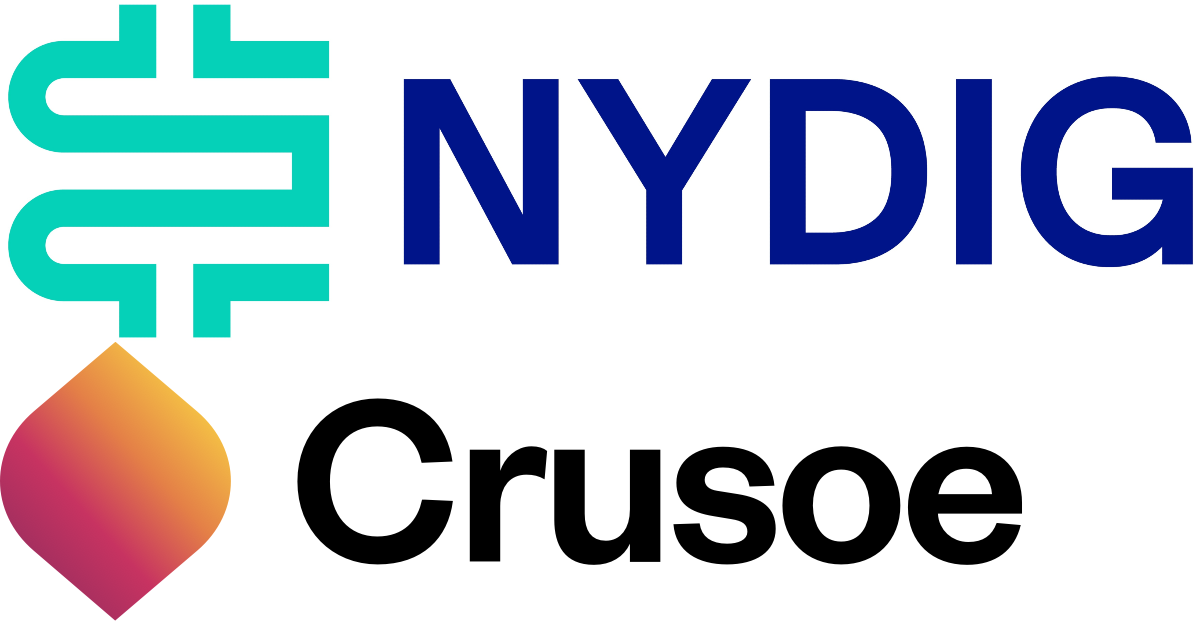Bitcoin Custodianship Debate: Exploring Different Perspectives
Bitcoin supporter Michael Saylor recently made headlines in the cryptocurrency community for his stance on custodial options for Bitcoin. As the executive chairman of MicroStrategy, Saylor has been a vocal advocate for embracing all forms of custodianship to create a more inclusive ecosystem for Bitcoin users.
The Controversy
However, Saylor faced criticism from prominent leaders in the cryptocurrency space after making comments that seemed to challenge the practice of self-custodying Bitcoin. In a tweet, Saylor suggested that those who advocate for exclusively self-custodying Bitcoin, often referred to as “crypto-anarchists,” are potentially hindering Bitcoin’s regulatory security and widespread adoption.
Exploring Different Perspectives
On one side of the debate, supporters of self-custody argue that it aligns with the core principles of decentralization and financial sovereignty that Bitcoin was built upon. By holding their own private keys and managing their own funds, users can maintain control over their assets without relying on third-party custodians.
On the other hand, proponents of institutional custodianship, like Saylor, believe that embracing regulated and compliant custodial solutions is necessary for Bitcoin to achieve mainstream acceptance. They argue that institutions can provide a level of security and legitimacy that may attract more traditional investors to the space.
Ultimately, the debate over Bitcoin custodianship reflects the broader tension within the cryptocurrency community between ideals of individual empowerment and institutional integration. Finding a balance between these two perspectives will be crucial for the long-term success and adoption of Bitcoin.
How This Affects Individuals
For individual Bitcoin holders, the debate over custodianship highlights the importance of understanding the trade-offs between self-custody and institutional solutions. While self-custody offers greater control and privacy, institutional custody may provide added security and convenience. Individuals should carefully consider their own priorities and risk tolerance when deciding how to store their Bitcoin.
How This Affects the World
On a global scale, the debate over Bitcoin custodianship has implications for the regulatory and institutional adoption of cryptocurrencies. As Bitcoin becomes increasingly mainstream, policymakers and industry leaders will need to navigate the complexities of balancing individual freedoms with regulatory compliance. The outcome of this debate could shape the future of the cryptocurrency landscape and its integration into the traditional financial system.
Conclusion
In conclusion, the debate over Bitcoin custodianship highlights the diverse perspectives within the cryptocurrency community on how best to secure and promote the adoption of Bitcoin. While there are valid arguments on both sides of the issue, finding a middle ground that accommodates individual autonomy and institutional stability will be key to ensuring the long-term success of Bitcoin in a rapidly evolving financial landscape.





